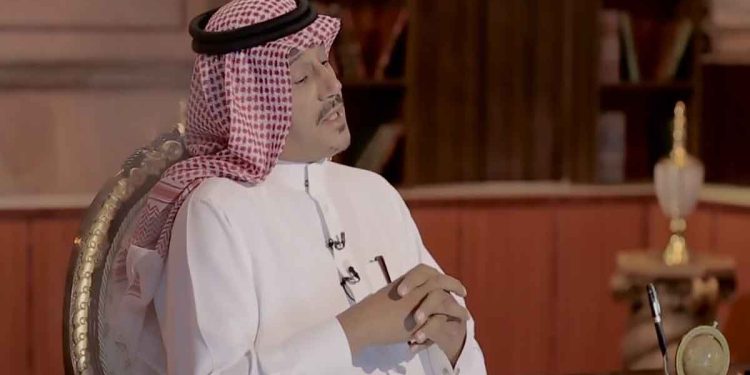The Saudi authorities continue to detain journalist Masaa Hamid al-Kathiri, despite his sentence having expired in February 2021.
Al-Kathiri was arbitrarily arrested in September 2017, after which a Special Criminal Court sentenced him to three and a half years in prison.
Al-Katheeri is a journalist, who focused on education for several years. He is well-known for his advocating for young people’s entry into journalism.
Al-Kathiri was arrested as part of the infamous September 2017 campaign of arrests, launched by the regime after Mohammed bin Salman assumed the role of the crown prince. The campaign targeted writers, intellectuals, and activists, including both men and women from various political tendencies.
Like many prisoners of conscience in Saudi, the authorities have minimised al-Kathiri’s communication with his family. He was not able to appoint a lawyer to defend him, or even see the case file against him. After a blatantly political trial, he was sentenced to three and half years of prison time.
The Kingdom is amongst the worst countries in regards freedom of the press. At least 30 media professionals have been charged with various crimes over the last period, one of whom, Dr. Ali al-Omari, continues to face a death sentence.
The campaign saw numerous academics, intellectuals, and religious figures arrested, including Dr. Awad Al-Qarni, a member of the judiciary’s Higher Institute, and Abdulaziz al-Fawzan, the Imam of the Grand Mosque in Mecca. Other arrestees include Dr. Salman al-Awda, Dr. Safar al-Hawali, Saleh Al-Talib, Issam al-Zamil, Abdullah al-Maliki, Jamil Farsi, and Mustafa al-Hassan (the last, al-Hassan, was later released on health grounds).
The Saudi authorities have imposed a blackout of coverage of detainees’ situation, though various leaks suggests that many of them are suffering a deterioration to their health, and various physical and psychological tortures.
Recently, a prominent UN official accused the Saudi authorities of continuing to violate human rights, and of using the fight against terrorism as an ablibi for arbitrary detention, the denial of rights to speech, and other abuses.
Fionnuala D. Ní Aoláin, the UN’s Special Rapporteur on the promotion and protection of human rights and fundamental freedoms while countering terrorism, recently published a report within the remit of the 49th session of the Human Rights Council, on practices of secret detention across the world, in which the Saudi regime was criticized.




























